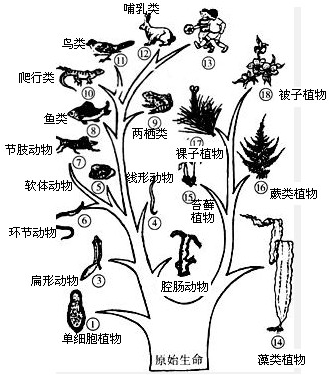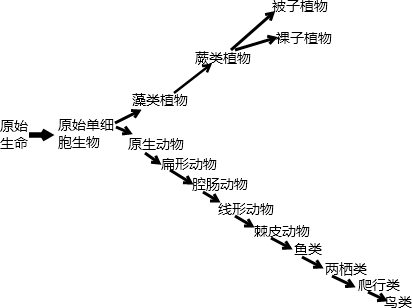Soon after his appointment as secretary-general of the United Nations in 1997, Kofi Annan lamented that he was being accused of failing to reform the world body in six weeks. "But what are you complaining about" asked the Russian ambassador. "You’ve had more time than God." Ah, Mr. Annan quipped back, "but God had one big advantage. He worked alone without a General Assembly, a Security Council and [all] the committees."
Recounting that anecdote to journalists in New York this week, Mr. Annan sought to explain why a draft declaration on UN reform and tackling world poverty, due to be endorsed by some 150 heads of state and government at a world summit in the city on September 14th-16th, had turned into such a pale shadow of the proposals that he himself had put forward in March. "With 191 member states", he sighed, "it’s not easy to get an agreement."
Most countries put the blame on the United States, in the form of its abrasive new ambassador, John Bolton, for insisting at the end of August on hundreds of last-minute amendments and a line-by-line renegotiation of a text most others had thought was almost settled. But a group of middle-income developing nations, including Pakistan, Cuba, Iran, Egypt, Syria and Venezuela, also came up with plenty of last-minute changes of their own. The risk of having no document at all, and thus nothing for the world’s leaders to come to New York for, was averted only by marathon all-night and all-weekend talks.
The 35-page final document is not wholly devoid of substance. It calls for the creation of a Peacebuilding Commission to supervise the reconstruction of countries after wars; the replacement of the discredited UN Commission on Human Rights by a supposedly tougher Human Rights Council; the recognition of a new "responsibility to protect" peoples from genocide and other atrocities when national authorities fail to take action, including, if necessary, by force; and an "early" reform of the Security Council. Although much pared down, all these proposals have at least survived.
Others have not. Either they proved so contentious that they were omitted altogether, such as the sections on disarmament and non-proliferation and the International Criminal Court, or they were watered down to little more than empty platitudes. The important section on collective security and the use of force no longer even mentions the vexed issue of pre-emptive strikes; meanwhile the section on terrorism condemns it "in all its forms and manifestations, committed by whomever, wherever and for whatever purposes", but fails to provide the clear definition the Americans wanted.
Both Mr. Annan and, more surprisingly, George Bush have nevertheless sought to put a good face on things, with Mr. Annan describing the summit document as "an important step forward" and Mr. Bush saying the UN had taken "the first steps" towards reform. Mr. Annan and Mr. Bolton are determined to go a lot further. It is now up to the General Assembly to flesh out the document’s skeleton proposals and propose new ones. But its chances of success appear slim.
The author’s attitude toward the UN final document is ()
A. biased
B.indifferent
C. skeptical
D. impartial



 丧服
丧服